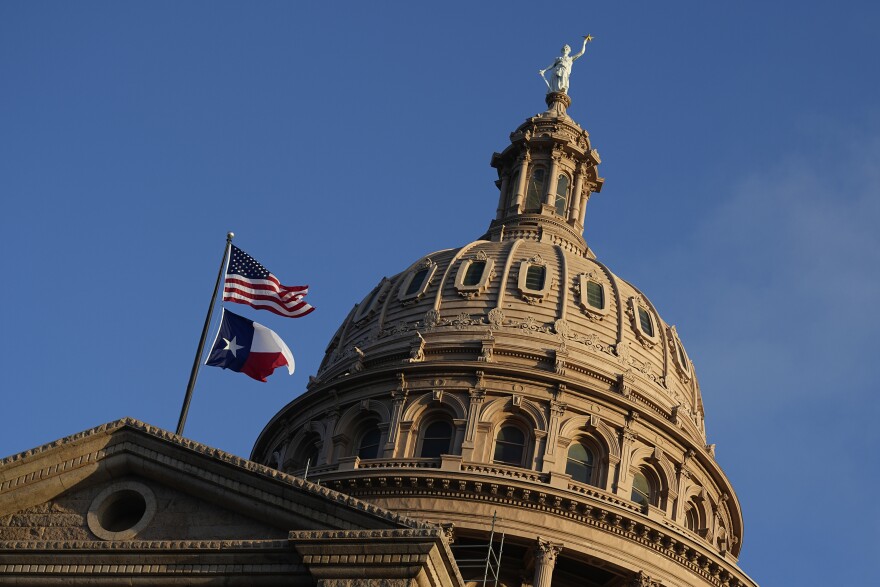Voting polls closed at 7 p.m. Tuesday in Texas — and as expected, the election saw low voter turnout.
Roughly 1.4 million out of the state’s 18.4 million registered voters went to the polls during the early voting period, which ended Oct. 31, according to data from the Secretary of the State. That’s less than 8% of registered voters. It’s not yet clear how many voters cast their ballot on election night.
Texans had 17 propositions to vote for on this year's ballot, including issues like bail restrictions, water infrastructure and dementia.
Despite sparse lines at polls in North Texas, some voters make the effort to show up at every election, including Stacey Cole.
Cole, 46, waited in line at an Arlington community center to vote Tuesday. He said this year in particular was important to him because local elections can impact national politics. Proposition 16, which would clarify "that a voter must be a United States citizen," concerns him most.
“My concern there is how it would be enforced," Cole said. "Is it truly something to protect the election or is it really intended to deter people from voting?"
Dallas voter Doug Clifton said he was also concerned about Prop 16, which is a requirement already in the state law.
"Why are we putting that in a second time? That's only going to lead to more conflict," Clifton said.
It was the first time voting in a local election for Makaul Barbaree in Fort Worth. Barbaree, 24, said she began understanding how local politics impact the community as she did research on the propositions this year — and she learned how complicated amendment language can be.
“What I learned from this one is that it’s really important to not just read over what you’re voting on, it’s to really assess possible side effects on voting yes or no on propositions like this," Barbaree said.
In 2023, more than 2.5 million, or 14.4% of registered Texans cast a ballot — the highest voter turnout for a constitutional amendment election since 2005.
Penelope Rivera is KERA's breaking news reporter. Got a tip? Email Penelope Rivera at privera@kera.org.
KERA News is made possible through the generosity of our members. If you find this reporting valuable, consider making a tax-deductible gift today. Thank you.



